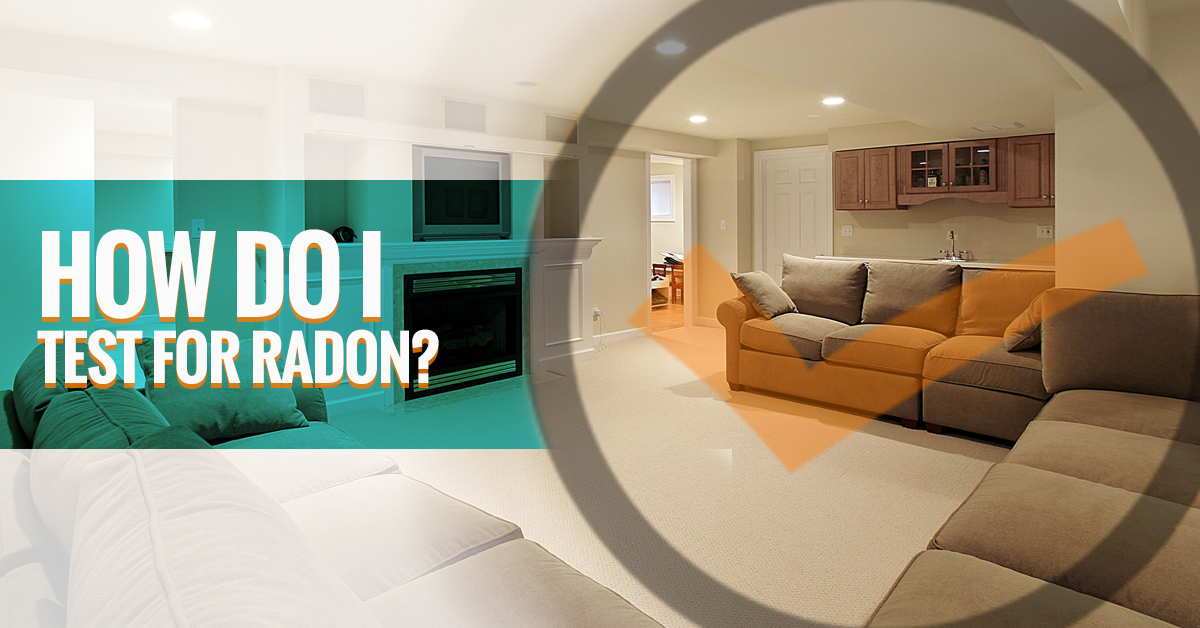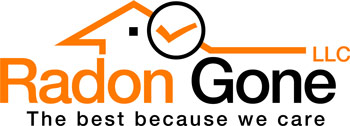
Do you know what the second highest cause of lung cancer is? Here’s a hint: it’s an odorless, tasteless, invisible, and radioactive gas — and it has a strong presence in Denver and throughout Colorado. Radon gas is a naturally occurring byproduct; it starts with uranium, which decays to radium, and radon is a byproduct of radium’s decay process. It’s a natural process, which makes it pretty much impossible to prevent. Even more importantly, uranium and radium are commonly found in the earth across Colorado, so it’s not even feasible to try to remove it from the soil. Here’s what you need to know about this harmful gas and what you can do:
How Radon Affects Your Home
Radon is a radioactive gas, which makes traveling easy. It can enter your home in any number of ways, including through cracks in your foundation, an open sump pump, or any other points of drainage or ventilation. Radon can also affect water, so if you live far enough outside of Denver that your home uses well water, that is an additional area for concern.
Since radon is a gas, it’s virtually impossible to eradicate it completely from a building. However, there are levels that are considered safer, and levels at which the quantity is a cause for concern. You’ll want to test your home regularly to be sure radon levels in your home haven’t risen to concerning levels. Also, keep in mind that just because a home is newly built, it is not exempt from higher radon levels.
Radon Testing
Testing the radon levels in your home is pretty easy. All you need is a home radon test kit. Place the kit in a commonly used room in the lowest level of your home, and let it sit for the directed time. Make sure that all doors and windows stay closed except for when you need to enter or leave your home. In addition, you’ll also want to turn off any fans that bring large amounts of air into your home and vents that push a lot of air out. When enough time has elapsed, simply send the radon test kit off to an accredited test lab. A word of warning, however: not all kits are created equal. Many of the less expensive kits cost less because they do not include the lab processing fee. At Radon Gone, our radon test kit is a flat fee that includes the test itself and lab processing.
Radon Mitigation
Radon levels are measured in picocuries per working level (usually noted as pCi/L). Levels between 2- 4 pCi/L are considered cause for concern, and you may want to take action. Anything above 4 pCi/L is at an “action level” according to the EPA. This means that levels are unsafe and should be mitigated. A professional radon mitigation crew, like Radon Gone here in Broomfield, can seal cracks or holes and set up ventilation meant to reduce the radon in your home.
Let the professionals keep you and your family safe. Contact Radon Gone for both testing and mitigation in Broomfield and across Denver.

